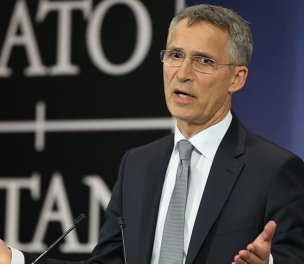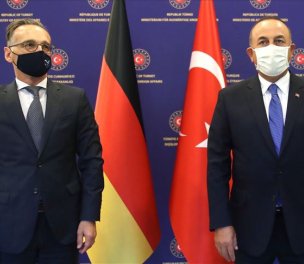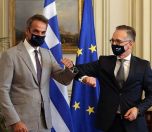Click to read the article in Turkish
Shortly after NATO Secretary General made a statement yesterday (September 3) and announced that "Turkey and Greece agreed to enter into technical talks at NATO to establish mechanisms for military deconfliction," Ministry of Foreign Affairs has released a statement about the issue.
"We expect Greece to support this initiative of the Secretary-General of NATO," Turkey's statement has read, briefly adding the following:
"The Secretary-General of NATO has taken an initiative to decrease tension in the Eastern Mediterranean and to prevent any undesired incidents between air and naval units.
"This initiative, which is also supported by Turkey, refers to the initiation of military-technical meetings between the two countries within NATO, as the Secretary-General announced today.
"These meetings focused on deconfliction are indeed related to the arrangements addressed previously on a bilateral level between the military authorities of both countries. They are not related to the outstanding bilateral issues between Turkey and Greece. We expect Greece to support this initiative of the Secretary-General of NATO.
"On the other hand, we would like to remind once again on this occasion that Turkey is ready to enter into dialogue with Greece without any preconditions, in order to find lasting, fair and equitable solutions to all outstanding issues between Turkey and Greece within the framework of international law."
Maritime border claims of Turkey and GreeceTurkey signed a maritime border agreeement with Libya's Governmenf of National Accord (GNA) on November 27, 2019. Greece and Egypt signed a simillar agreement on August 7. |
Latest developments in the Eastern MediterraneanThe tension between Turkey and Greece over their right to explore energy resources in the Eastern Mediterranean has seriously escalated over the last months. The latest developments leading to this escalation are briefly as follows: On July 21, Turkey issued its first Navtex alert for Oruç Reis seismic vessel's exploration activities in the Eastern Mediterranean. On July 28, Turkey announced after Germany's diplomatic efforts that it suspended hydrocarbon exploration activities and stated that it was ready to talk with Greece. On August 6, Greece and Egypt signed a maritime border agreement. On August 10, Turkey announced that its drillship Oruç Reis would resume energy exploration in the Eastern Mediterranean. It said the ship will continue its work along with the ships Cengiz Han and Ataman until August 23. On August 14, the EU foreign miniters discussed the crisis at an extraordinary meeting, calling on Turkey to end hydrocarbon exploration activities in contested waters. On August 16, Turkey issued a Navtex, announcing that its drill ship Yavuz will continue its work exploring for energy resources off the island of Cyprus. On August 23, Turkey issued another Navtex, stating that the Oruç Reis vessel would continue its activities until August 27. On August 24, Greece held joint naval drills with the US in the south of Crete island. One day later, Turkey conducted naval exercises with Italy. On August 25, Germany's Minister of Foreign Affairs Heiko Maas visited Athens and Ankara to encourage the two countires to have direct talks. On the same day, Turkey held replenishment exercises with Italy in the Eastern Mediterranean. On August 26, US President Donald Trump had phone talks with President Recep Tayyip Erdoğan and Prime Minister of Greece Kyriakos Mitsotakis, urging them to reduce tensions and start dialogue. On the same day, Turkey and the US conducted joint maritime exercises. On August 27 and 28, EU foreign ministers met with the Eastern Mediterranean crisis on the top of their agenda. The Union's foreign polict head Josep Borrell said after the meeting that Turkey's ships might be sanctioned if they continued hydrocarbon activities. Turkey's Ministry of National Defense on August 28 announced that it intercepted six F-16 fighters planes of Greece, which it said were closing in on the area where Turkey issued a Navtex. On September 1, the US lifted the arms embargo on Southern Cyprus. On September 2, Turkey issued two Navtex alerts for Russia's gunnery exercises in the Eastern Mediterranean. It was stated that Russia would conduct exercises in two different areas that correspond to Turkey's hydrocarbon exploration activities on the east and west of the Cyprus island. On September 3, NATO Secretary General Jens Stoltenberg said, "Following my discussions with Greek and Turkish leaders, the two Allies have agreed to enter into technical talks at NATO to establish mechanisms for military deconfliction to reduce the risk of incidents and accidents." |
(EKN/SD)




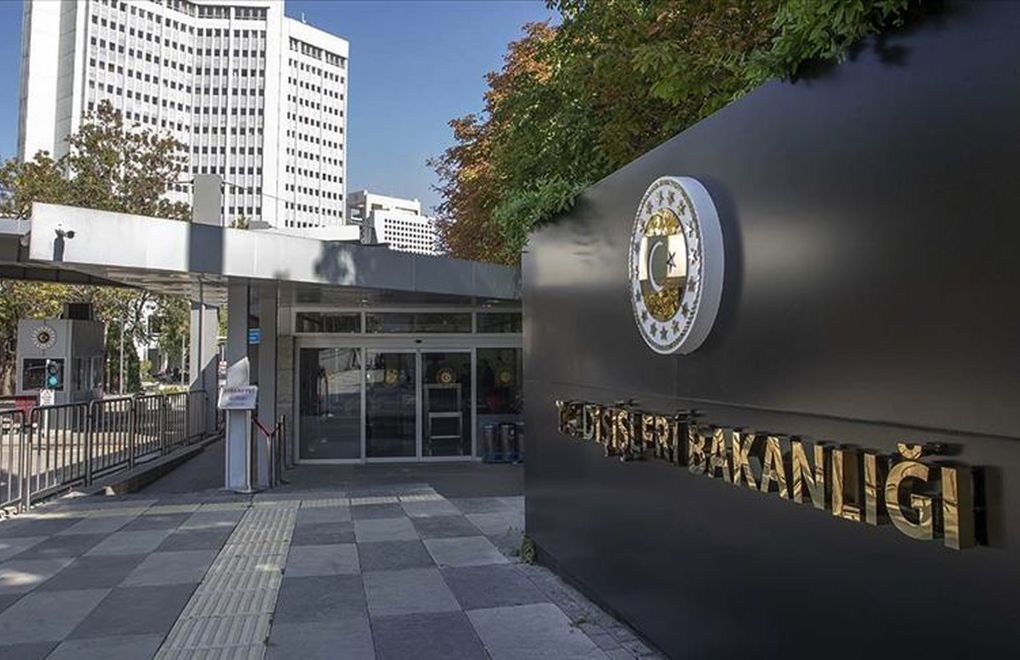

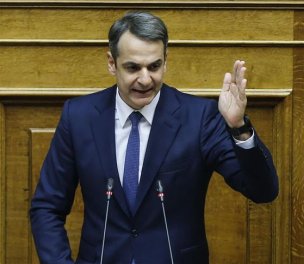
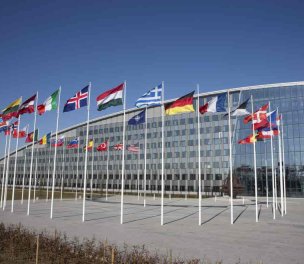
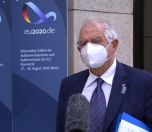
jhg.jpg)
